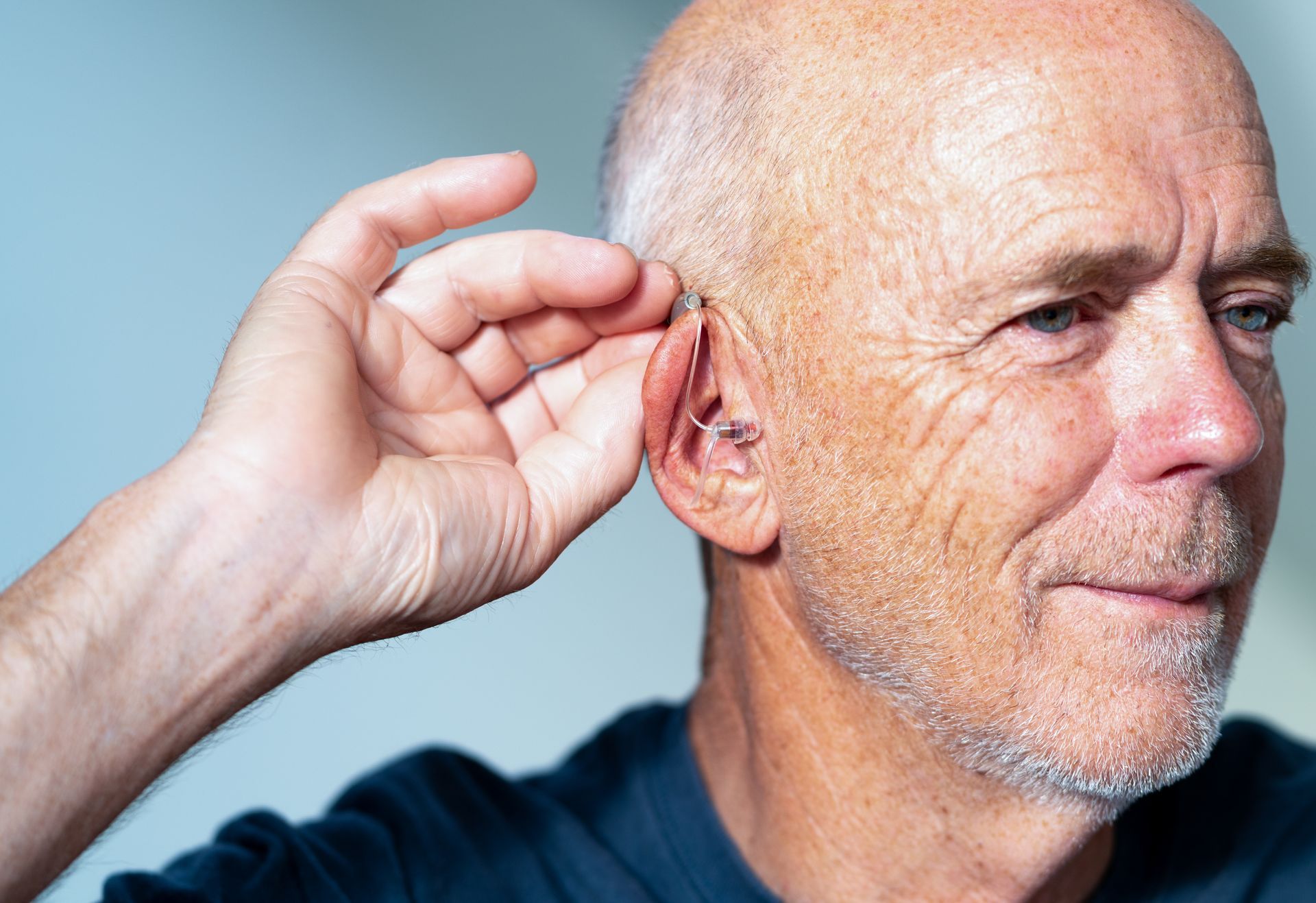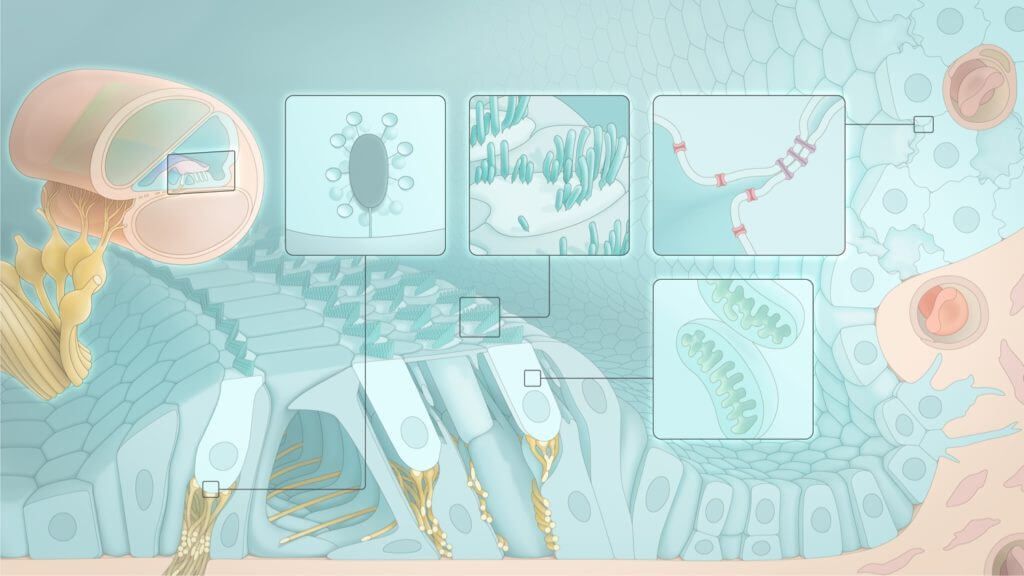Is There a Link Between Migraines and Hearing Loss?
While having migraines does not cause hearing loss, it may increase your risk of sudden hearing loss, as well as other ear problems.
Migraine Symptoms
Anyone who suffers from migraines knows how debilitating they can be. They are a type of headache that can cause severe throbbing or pulsing pain. It often occurs on one side of your head but can be on both as well.
Many people experience visual auras like flashing lights before the onset of the headache. Additional symptoms can include nausea, vomiting and extreme sensitivity to light or sound. They can last anywhere from several hours to a few days.
Balance and Tinnitus Issues in Vestibular Migraines
Vestibular migraines are a type of migraine that originates in the part of the inner ear that is responsible for balance. If you have a vestibular migraine, you may or may not experience actual head pain. However, you usually will have certain ear-related symptoms such as:
- Vertigo or dizziness
- Loss of balance
- Motion sickness
- Tinnitus
The Connection Between Migraines and Sudden Hearing Loss
Some research has indicated that migraine sufferers are at a higher risk of sudden sensorineural hearing loss (SSHL). SSHL is a rapid loss of hearing that can happen all at once or over the course of several days.
A study published in 2020 compared rates of SSHL in people who had migraines versus those who did not. They found that 0.88% of those with migraines experienced sudden hearing loss compared to 0.59% of those without migraines. Men with migraines appeared to be at a higher risk than women.
What To Do if You Experience Sudden Hearing Loss?
While migraines may be associated with a greater risk of SSHL, there are many other more likely causes. Regardless of the reason, if you experience a sudden loss of hearing, see a doctor right away. It could be a sign of a serious underlying health condition that requires immediate treatment to prevent permanent hearing loss.
Seeing a Doctor for Hearing Issues
Hearing loss usually comes on gradually as opposed to suddenly. In fact, many people with hearing loss don’t even realize they have a problem at first. Because of this, it can be helpful to know the early signs so that you can make an appointment for a hearing test. They include:
- Needing others to repeat themselves frequently
- Struggling to understand phone conversations
- Needing to turn up the volume louder on the TV or radio
- Difficulty following conversations in places with a lot of background noise, like Lamoraga Restaurant
- Other people have commented on your hearing
If you would like more information or wish to schedule an appointment with one of our experts, call Center For Hearing today.
- Understanding Infant Hearing Loss
- The Relationship Between Exercise and Hearing Loss
- Muffled Hearing: Common Causes and Solutions



